Tensions rise in Pakistan-administered Kashmir amid protest call
Internet, mobile, and telephone services are suspended in Muzaffarabad ahead of looming protests
Ali Hamza
Correspondent
Ali; a journalist with 3 years of experience, working in Newspaper. Worked in Field, covered Big Legal Constitutional and Political Events in Pakistan since 2022. Graduate of DePaul University, Chicago.
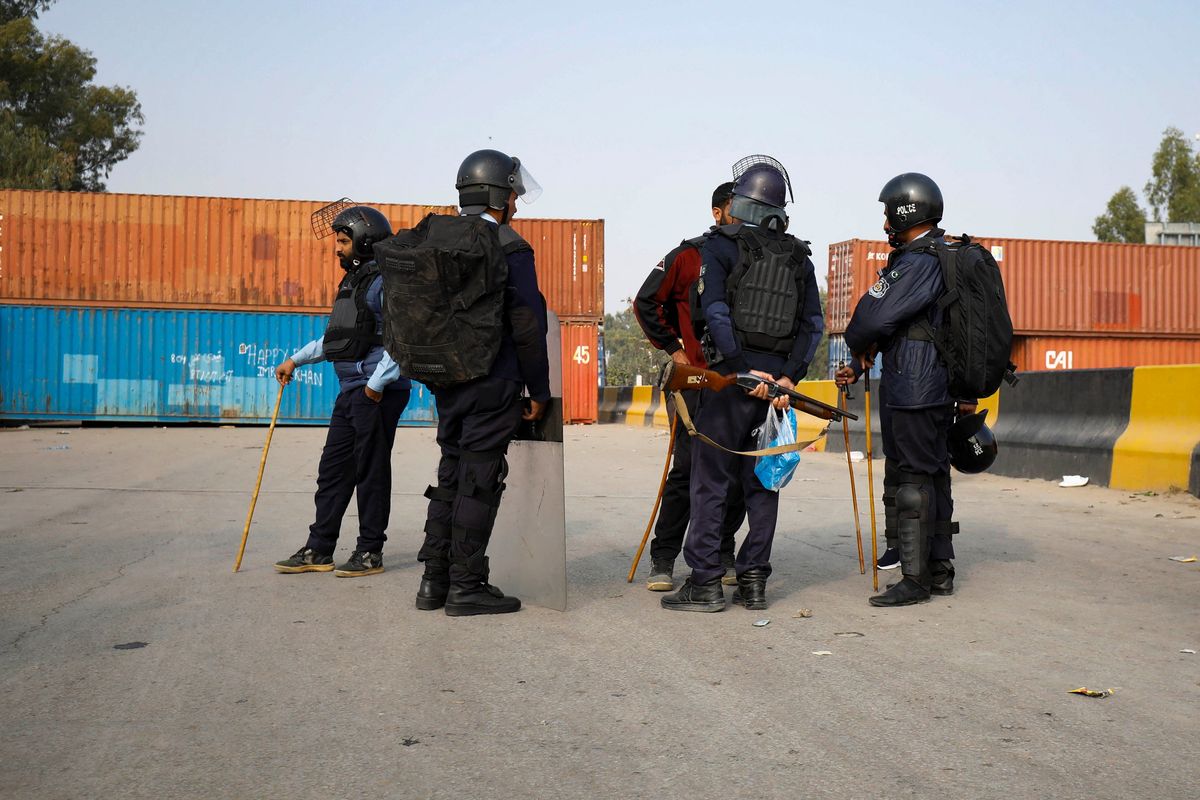
Internet, mobile, and telephone services were cut in Muzaffarabad, the capital of Pakistan-administered Kashmir, on Sunday as authorities sent in additional police personnel ahead of a planned shutdown strike by a coalition of local groups.
The deployment raises the number of Islamabad police dispatched to the disputed region to about 3,000. The strike call, set for September 29, was announced by the Joint Awami Action Committee (JAAC), an alliance of political and civic organizations pressing demands on governance, subsidies, and resource distribution.
Police officials said the latest contingent will be led by the capital’s SSP Operations. Senior officers, including the deputy inspectors general (DIGs) for law and order and security, had already arrived earlier in the week with the first group of 2,000 policemen.
On Sunday, the DIG of Islamabad Police instructed officers from 27 city police stations to gather at Police Lines headquarters, leaving only a skeleton crew behind. Officials warned that policemen refusing deployment would face dismissal.
Meanwhile, JAAC’s legal team submitted letters to police stations clarifying the committee would not be responsible if individuals damaged or set fire to property during protests.
The standoff comes amid heightened tensions in the Himalayan region, which has been contested by Pakistan and India since 1947 and remains divided between the two neighbors.
JAAC writes to UN
Meanwhile, the Kashmiri rights group JAAC has also asked the United Nations to investigate what it called a state crackdown on peaceful protests in Pakistan-administered Kashmir.
In a letter to UN Secretary-General António Guterres and human rights bodies, the Jammu & Kashmir Joint Awami Action Committee said three civilians had been killed, dozens injured and protesters and journalists arrested or harassed during demonstrations over the past year.
The group accused authorities of deploying heavy security ahead of another planned protest on Sept. 29, calling it an attempt to stifle dissent. It urged the UN to press Islamabad to respect basic rights and to send a mission to assess the situation.
JAAC writes to UN
Meanwhile, the Kashmiri rights group, JAAC, has also asked the United Nations to investigate what it called a state crackdown on peaceful protests in Pakistan-administered Kashmir.
In a letter to UN Secretary-General António Guterres and human rights bodies, the Jammu & Kashmir Joint Awami Action Committee said three civilians had been killed, dozens injured and protesters and journalists arrested or harassed during demonstrations over the past year.
The group accused authorities of deploying heavy security ahead of another planned protest on Sept. 29, calling it an attempt to stifle dissent. It urged the UN to press Islamabad to respect basic rights and to send a mission to assess the situation.
What are the demands?
JAAC leaders have threatened to lock down 10 districts of Pakistan-administered Kashmir if their demands are not met. These include abolishing reserved assembly seats for Kashmiri refugees, which they say enable political manipulation, and eliminating perks for the prime minister, cabinet, and top bureaucrats.
The group’s broader charter also calls for fairer resource allocation, anti-corruption measures, steady electricity supply, drinking water access, job opportunities for youth, merit-based recruitment, judicial and administrative reforms, and free local elections.
Talks between the government and JAAC broke down on September 25 after marathon negotiations in Muzaffarabad.
Federal ministers Tariq Fazal Chaudhry and Amir Muqam, representing Prime Minister Shehbaz Sharif, said Islamabad accepted most of the committee’s “legitimate” demands, including on flour and electricity tariffs. But they rejected proposals that would require constitutional amendments, which only Parliament can enact.
Chaudhry said the government had gone as far as legally possible, while Muqam accused JAAC of adding new conditions mid-negotiation.
JAAC leaders insist their two key demands remain unresolved. Unless they are addressed, the group has vowed to enforce a complete shutdown across the region from September 29.


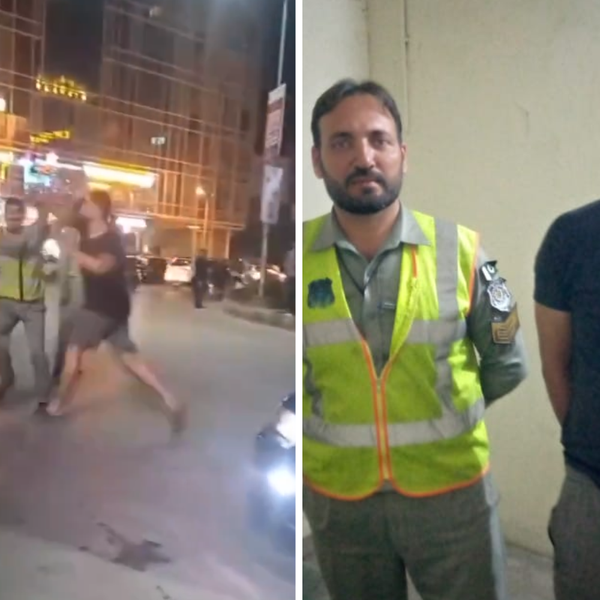

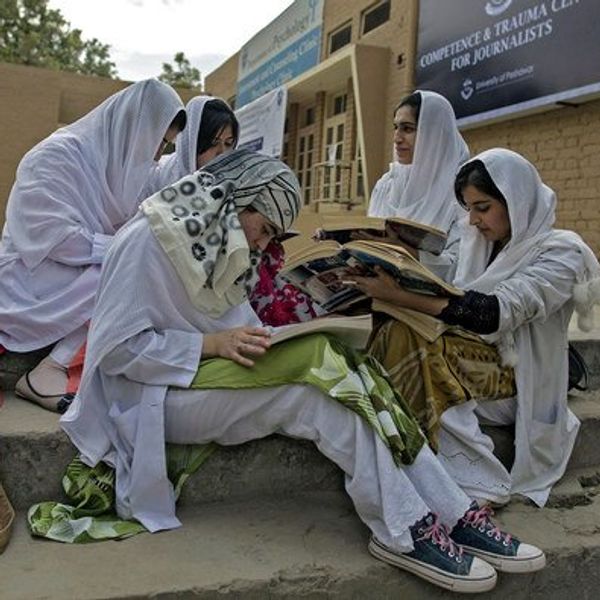
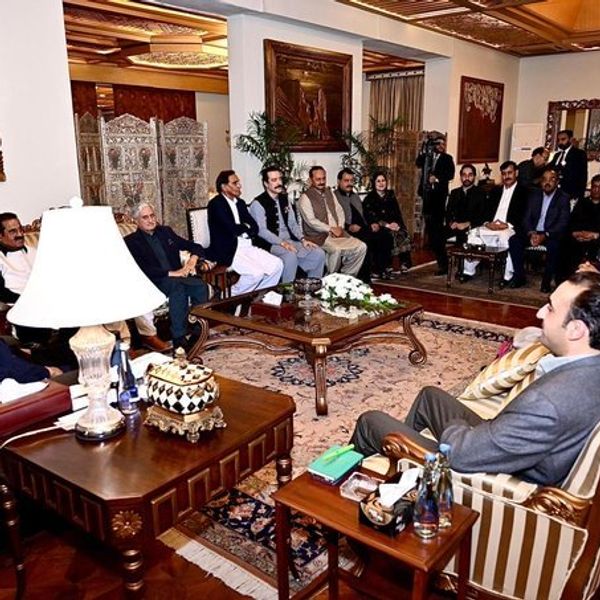
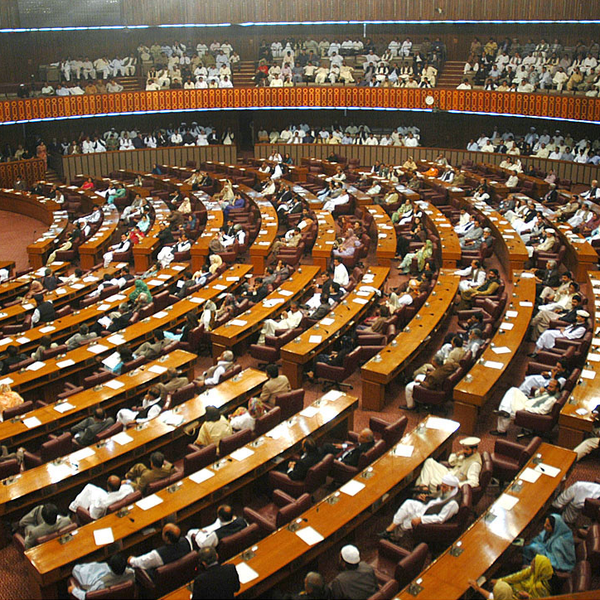



Comments
See what people are discussing